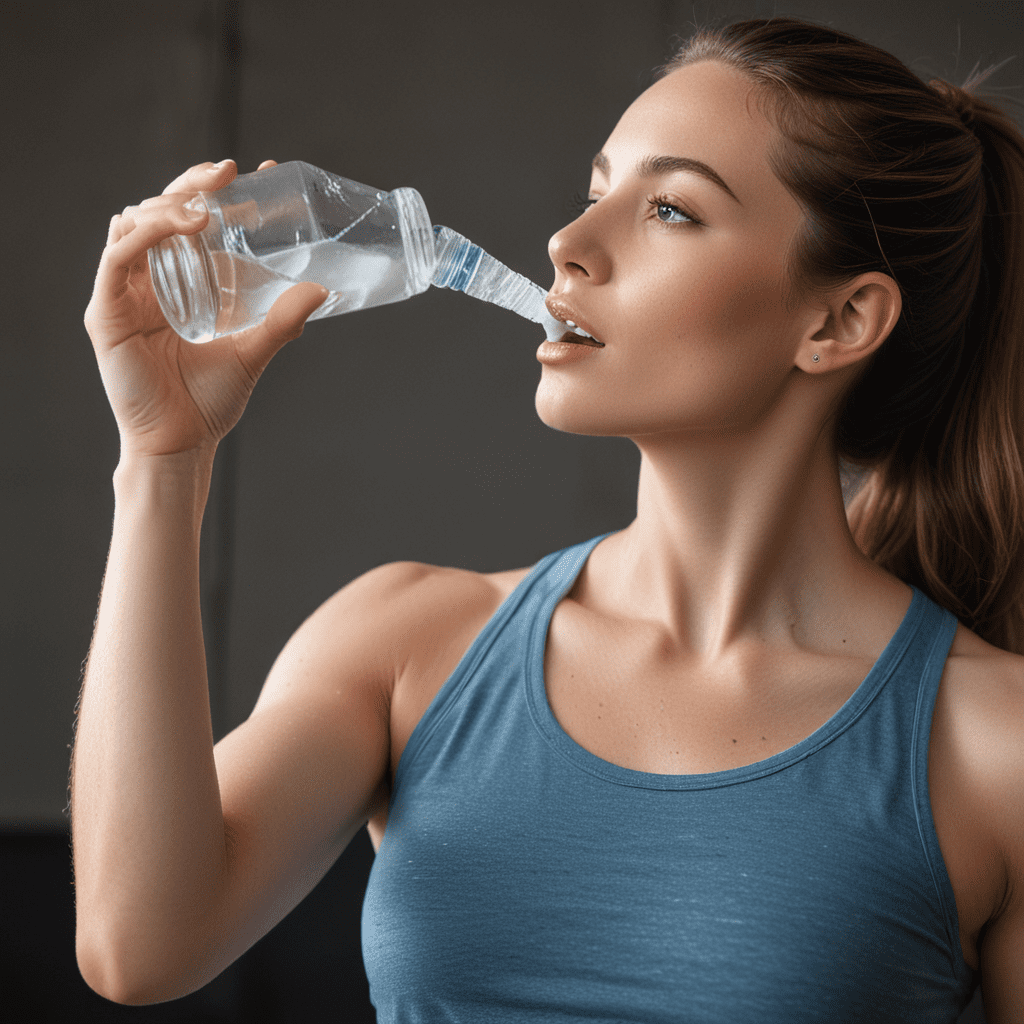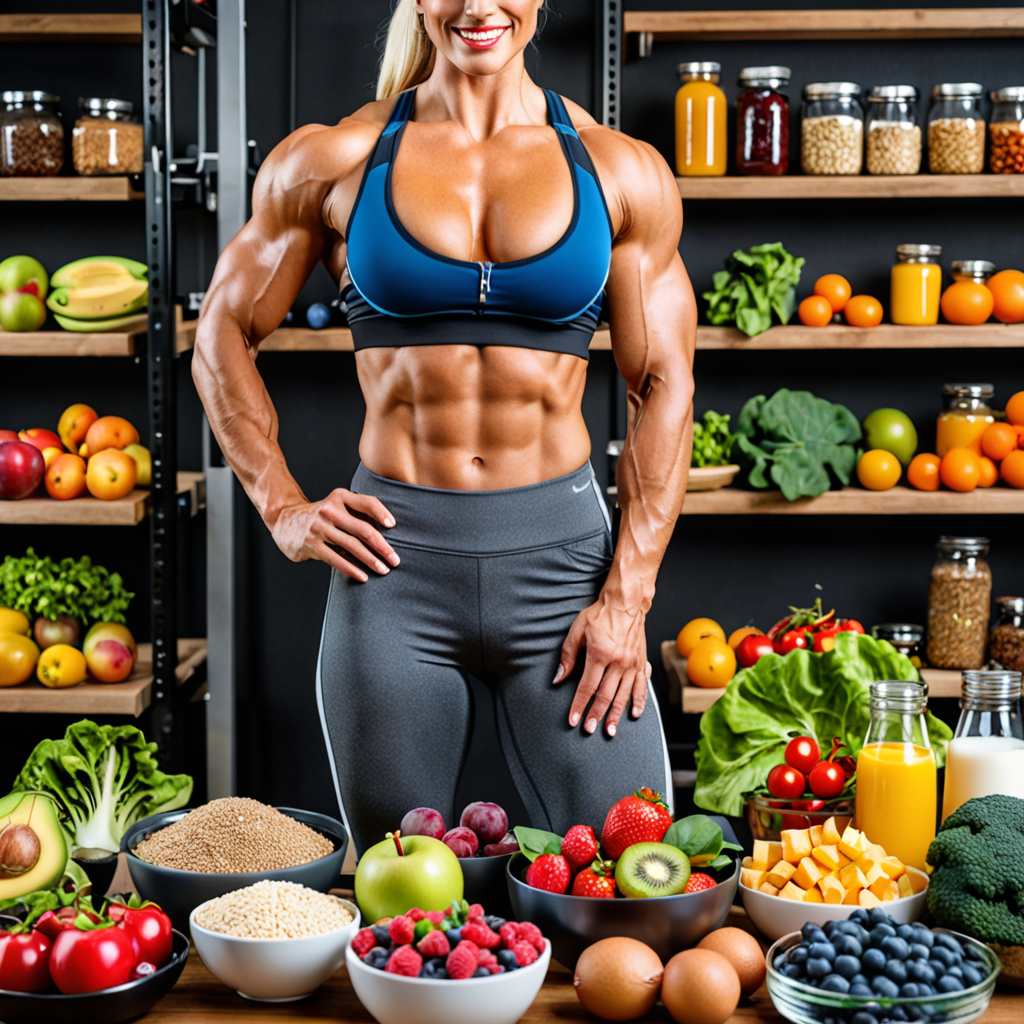
Hydration: The Secret to Glowing Skin
Hydration is the foundation of healthy, glowing skin. It plays a crucial role in maintaining the skin's youthful appearance, elasticity, and overall well-being. Understanding the importance of hydration and adopting effective hydration practices are essential for anyone seeking to achieve a radiant complexion.
Understanding Hydration
Hydration refers to the water content within the skin and body. Adequate hydration ensures that cells function optimally, maintaining skin's structure, elasticity, and moisture levels. When the skin is hydrated, it becomes supple, plump, and less prone to wrinkles and fine lines. Dehydrated skin, on the other hand, appears dull, rough, and more susceptible to skin conditions like eczema and psoriasis.
The Importance of Water for Skin Health
Water comprises a significant portion of the human body, including the skin. It acts as a natural moisturizer, keeping the skin's cells hydrated and plump. Water also helps flush out toxins, regulate body temperature, and transport nutrients to the skin. Sufficient water intake is essential for maintaining skin's overall health and function.
Signs and Symptoms of Dehydrated Skin
Dehydrated skin exhibits telltale signs that indicate a deficiency in moisture levels. These signs may include:
- Dryness and flakiness
- Itchiness and irritation
- Fine lines and wrinkles
- Dull and uneven skin tone
- Increased sensitivity
- Skin conditions such as eczema or psoriasis
Benefits of Proper Hydration for Skin
Proper hydration offers numerous benefits for the skin, including:
- Improved skin texture and elasticity
- Reduced appearance of wrinkles and fine lines
- Enhanced radiance and glow
- Reduced risk of skin conditions like eczema and psoriasis
- Improved overall skin health and appearance
6. Foods Rich in Water for Skin Hydration
Incorporating foods rich in water content into your diet can significantly boost your skin's hydration levels. Consider including the following in your meals:
- Fruits: Fruits like watermelon, grapes, strawberries, and oranges are packed with water and antioxidants that nourish the skin.
- Vegetables: Cucumbers, celery, spinach, and lettuce are high in water content and provide essential vitamins and minerals that support skin health.
- Soups and Smoothies: Consuming soups and smoothies made with hydrating ingredients like fruits, vegetables, and low-fat dairy can quickly replenish skin's moisture levels.
7. External Hydration Methods: Moisturizers and Serums
External hydration methods provide direct nourishment to the skin's surface. Moisturizers and serums are valuable tools in maintaining optimal skin hydration:
- Moisturizers: Look for moisturizers that contain humectants like hyaluronic acid or glycerin, which draw and retain moisture in the skin. Choose formulas appropriate for your skin type to avoid clogging pores.
- Serums: Serums are concentrated formulas that penetrate deeper into the skin, delivering a surge of hydration and nourishing ingredients. Consider using serums with hyaluronic acid, niacinamide, or ceramides for maximum hydration benefits.
8. The Role of Exercise and Sauna in Skin Hydration
While exercise may not directly provide hydration, it promotes overall circulation. Improved circulation helps deliver nutrients and oxygen to the skin, supporting its hydration and health. Saunas, on the other hand, induce sweating, which can lead to dehydration if not followed by adequate water intake. However, moderate use of saunas can promote skin cleansing and detoxification, benefiting skin health indirectly.
9. Tips for Maintaining Skin Hydration Throughout the Day
Incorporating these simple tips into your daily routine can help you maintain adequate skin hydration throughout the day:
- Drink plenty of water: Aim for eight to ten glasses of water per day, especially during hot weather or after exercise.
- Use a humidifier: Add moisture to the air in your home or office with a humidifier, especially during dry seasons or in air-conditioned environments.
- Avoid long, hot showers: Limit your shower time and use lukewarm water to prevent stripping the skin of its natural oils.
- Apply moisturizer regularly: Apply a moisturizer appropriate for your skin type several times a day, particularly after showering or washing your face.
10. Conclusion: Embracing Hydration for Glowing Skin
Hydration is a cornerstone of healthy, radiant skin. Understanding the importance of hydration and adopting effective hydration practices can transform your skin's appearance and well-being. By incorporating the tips outlined in this article, you can unlock the secret to glowing skin that is supple, youthful, and full of vitality. Remember, hydration is an ongoing journey, and maintaining a consistent hydration routine is key to achieving and sustaining your desired skin goals.
FAQ
Q: How much water should I drink daily for healthy skin?
A: The recommended daily water intake for healthy skin is eight to ten glasses per day.
Q: What are the signs of dehydrated skin?
A: Signs of dehydrated skin include dryness, flakiness, fine lines, dullness, and increased sensitivity.
Q: How can I incorporate more hydrating foods into my diet?
A: Include fruits like watermelon, grapes, and oranges, and vegetables like cucumbers and spinach in your meals to boost your skin's hydration levels.
Q: What is the best way to apply moisturizer?
A: Apply moisturizer to slightly damp skin to help trap moisture. Avoid rubbing or tugging, and gently pat or massage it into the skin.


